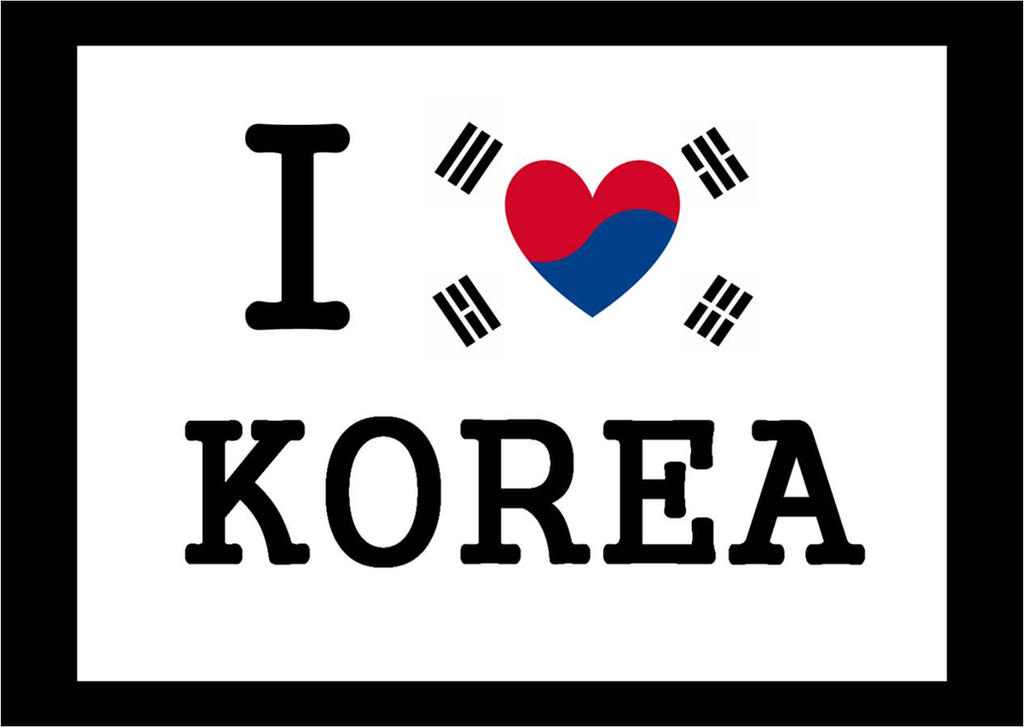Lesson 11 Using -seyo
LET'S LEARN BASICS OF KOREAN LANGUAGE!
Making requests more polite
The polite honorific -seyo can be used to make requests more polite, -seyo is used when the verb stem ends in in a vowel, and -useyo is used when the verb stem ends in a consonant.
Examples of these are:-
mashi- becomes mashiseyo
ha- becomes haseyo
kidari- becomes kidariseyo
iss- becomes issuseyo
anj- becomes anjuseyo
If you want to request someone to wait for you, you would say kidariseyo (Please wait !!).
The use of -seyo means that you have a special respect for the person, for example if you say hansongsaengnim-i hakkyo-e kaseyo ,you are saying Mr Han is going to school. ( But you are also showing special respect for him ).
What you want to do ?
Koreans use -ko ship'oyo which literally means want to, and this can be added to a verb stem.
For example you may say, cho-nun mok-ko ship'oyo which means I want to eat, notice that when it is used, the -ko is utilised by being added to the end of the verb stem.
Making Suggestions
When making suggestions, Koreans use -(u)pshida ( literally means lets do), as you may have guessed, -pshida is attached onto verb stems ending in a vowel, and -upshida is attached to verbstems ending in a consonant.
Here are some examples:-
Umryosu mashipshida ( Lets have a drink )
________________________________________________________________________________
@shineexsmxfamily- i just remembered something, doctors are also called uisa.
like if someone asked what do you do for a living?, you'll answer-"choneun uisa-eyo or uisaimnida"
some people also call doctors as uisa-nim. :)
Comments